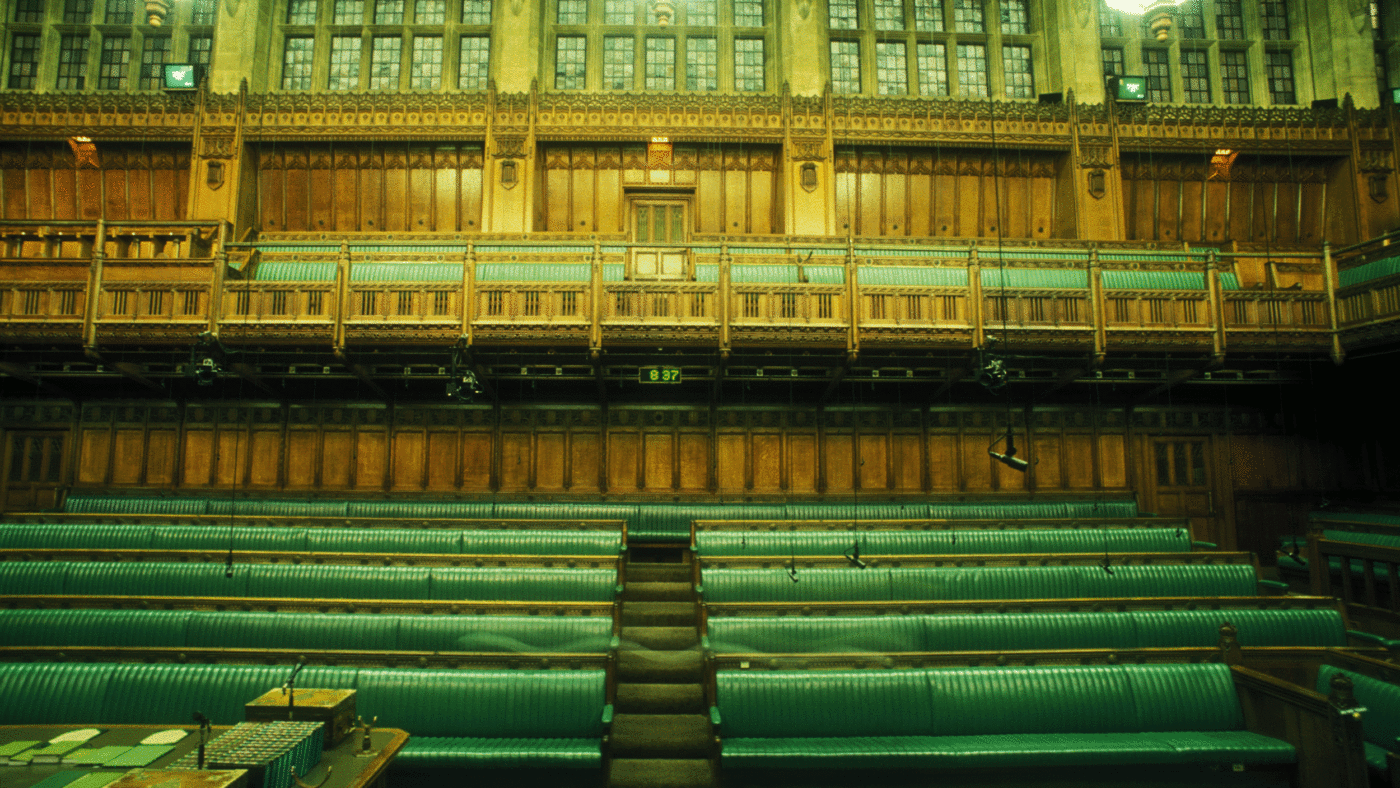Tony Benn once described being an MP as the only job with 70,000 employers and only one employee. As a representative of an individual constituency, Rishi Sunak is expected to tour the villages of Richmond in north Yorkshire, draw raffle prizes, speak to sixth formers, deal with ‘casework’ from disgruntled farmers – alongside the minor distraction of being Prime Minister. That stops him from getting too puffed up and presidential, as is right and proper in a constitutional monarchy.
The constituency system also makes MPs individually accountable. Of course, most people vote primarily for a political party. But they will expect their MP to show some evidence of independent thought, especially when it comes to sticking up for their local interests.
Unfortunately, there’s a catch – at least for Conservative MPs. The system prompts them to continuously demand and praise extra dollops of public spending. Here, for example, is tribune of the free marketeers Liz Truss urging the Chancellor to fund a hospital in her constituency. But it’s perhaps unfair to pick on any one MP. Scroll down the Twitter feed or the Hansard contributions of any random Tory backbencher and it won’t take long to find it. ‘I am delighted to have secured £6.5m of levelling up funding for investment in Middlehampton…’. ‘Will the Prime Minister support my call that funding be agreed for this vital community facility in Littlehampton?’ On it goes. There will be some exceptions – some MPs don’t want HS2 as the construction is unpopular in the areas they represent. But usually championing constituents means shoving your way to the front of the queue for whatever grants or subsidies happen to be dished out.
It’s not an entirely new difficulty. Enoch Powell, that apostle of market economics and small government, would go along with his fellow Ulster Unionist MPs in pushing for Northern Ireland to get an extra share of any money on offer. A devotee of logic, he doubtless would have justified it by saying it was possible to oppose the spending programme, but that if it was to proceed anyway, why not take what was on offer.
That is a valid point. The root of the problem is that once the Government decides to put up tax to fund £10bn for some scheme or other, there will inevitably be a scramble to put in bids.
But the result is still unedifying. Instead of seeking to convert socialists to the cause of free enterprise and individual liberty, the Conservative MPs themselves are compromised by a form of crude, pork barrel socialism.
In reality, the power of an MP to get special treatment for their constituency is pretty limited, and rightly so. Our political system is much more honest than other countries in that respect. Yet that leads to another difficulty of MPs being tempted to, ahem, exaggerate the difference they can make. ‘Let me tell you what I tell everyone who comes in here,’ says Clancy Wiggum, the police chief in The Simpsons, ‘The law is powerless to help you’. That is not a message an MP wants to give.
Matthew Parris, with painful self-awareness, recalls of his time as an MP in the 1980s:
‘My own sharpest recollection of personal disgracefulness springs from none of the more blush-worthy or shocking things I have done, but from a quiet moment walking in the dark street ahead of a delegation of women mill workers I was leading, as an MP, to see the Industry Minister in hopes of rescuing their mill. I knew there was no hope at all of this. I was doing it for appearance’s sake, to look good in the Matlock Mercury. The women had come down from Derbyshire in a minibus they had clubbed together to hire, and one of them had nervously asked me how to address a government minister. I suddenly felt a complete … well, so-and-so, and had to walk ahead quickly to hide my tears. This was shame, pure and simple.’
Ministers still play along. They credit the MP for prompting a review of some measure which will end up not being changed. Or with obtaining funding which was really pre-ordained by some obscure algorithm produced by nerdish civil servants.
One factor that makes this problem worse is the MP’s email inbox. Lobby groups can soon get a hundred or so constituents to ping off a missive which can induce an artificial sense of crisis. I suspect, for example, that the opposition to fracking in particular areas is less solid than some local MPs might perceive. ‘Because half a dozen grasshoppers under a fern make the field ring with their importunate chink, whilst thousands of great cattle, reposed beneath the shadow of the British oak, chew the cud and are silent, pray do not imagine that those who make the noise are the only inhabitants of the field,’ as Edmund Burke put it.
Given that our electoral arrangements constitute the least bad system available, perhaps we just have to put up with this. The only plea that perhaps it might be realistic to make to MPs is to consider if their message is really politically effective. Spending for its own sake is hardly an achievement. Does citing figures for the funding for all these myriad schemes with their bureaucratic names really resonate? The focus should be on value for money, on the outputs not the inputs. What have been the practical results that enhance the quality of life in the constituency?
MPs must be local champions. But they should also seek to be honest champions.
Click here to subscribe to our daily briefing – the best pieces from CapX and across the web.
CapX depends on the generosity of its readers. If you value what we do, please consider making a donation.


